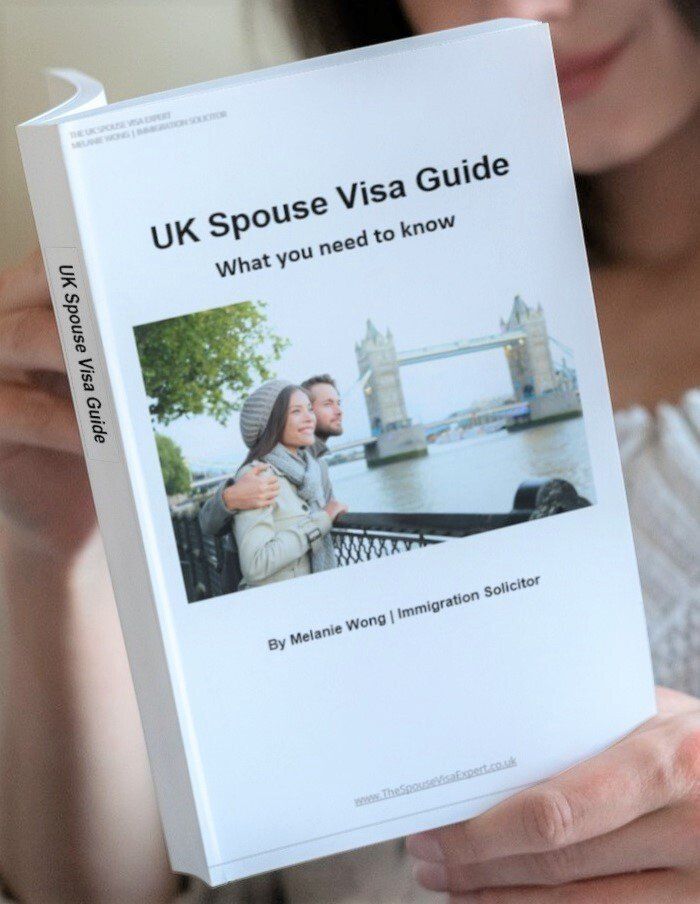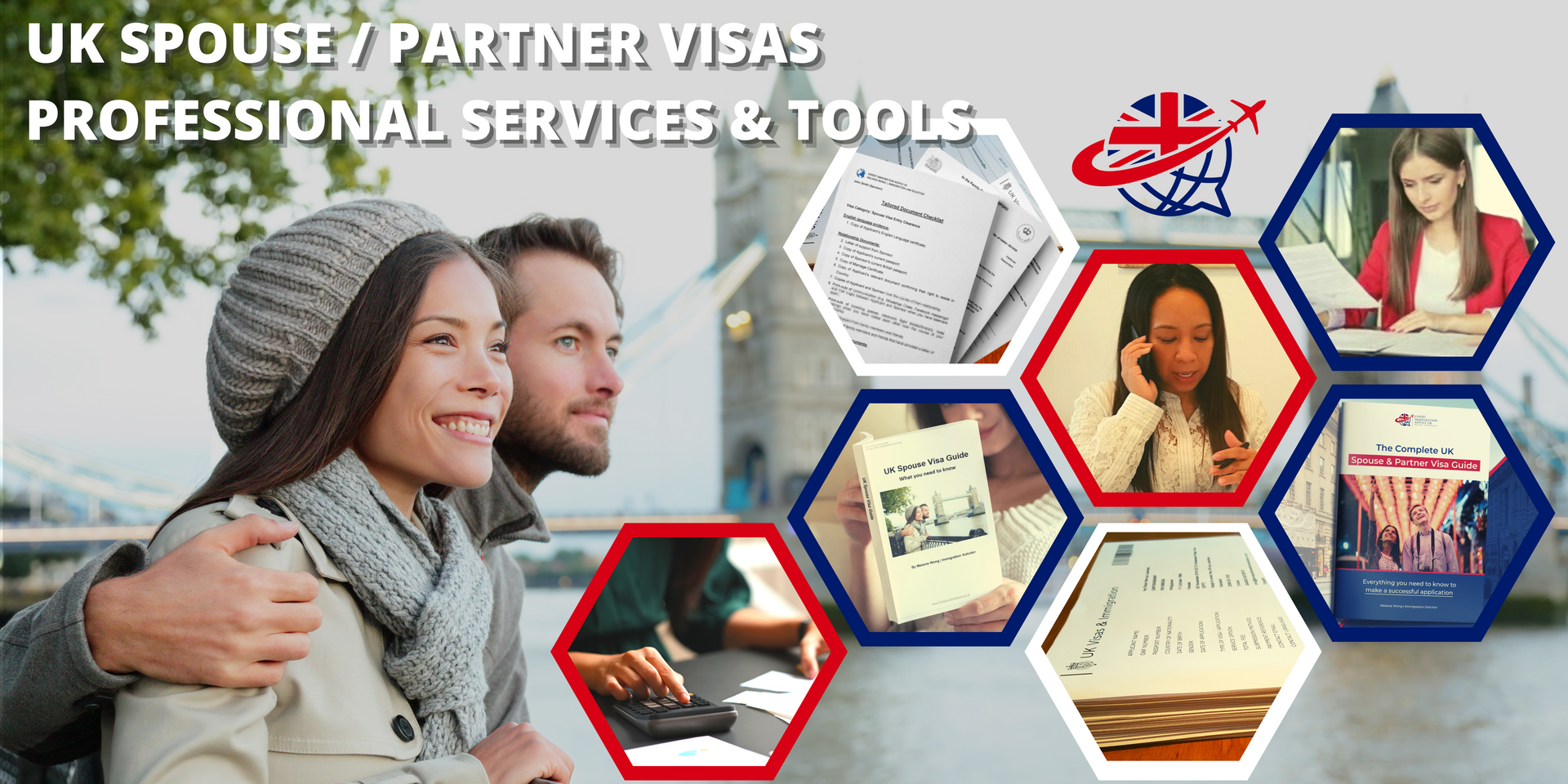Understanding the New Unmarried Partner Definition for UK Visas
Share this:
The landscape of UK immigration policies is constantly evolving to accommodate the changing dynamics of global movement and personal relationships. One of the recent updates is the redefinition of an "unmarried partner" within the UK immigration context. This development will be welcomed by many couples wishing to settle in the UK who were unable to qualify under the previous relationship requirement for unmarried partners.
This article delves into the nuances of the new definition, its implications, and the procedural changes it brings.
The Need for Change
Historically, the UK has recognised the concept of "unmarried partners" (also referred to as a durable partnership) for immigration purposes. This recognition aimed to provide non-married couples the same rights as married ones, acknowledging diverse family structures.
However, the previous definition of an unmarried partner carried the strict criteria of couples needing to have continuous cohabitation throughout the 2 year qualifying period, which prevented many individuals to join and settle with their partners in the UK (even if all the other requirements for the respective visa could be met). On 31 January 2024, the Home Office revised the definition to reflecting the evolving nature of relationships and ensure fairness to couples who are in a committed relationship, but have been unable to live together for a minimum period of 2 years.
The New Definition Explained
Under the new guidelines, an "unmarried partner" is defined as a person who has been in a genuine and subsisting relationship akin to marriage or civil partnership for at least 2 years prior to the date of application. This can therefore apply to couples who have been in a committed relationship for at least 2 years AND are able to demonstrate that either:
- they have been living together (continuously) throughout the 2 year period
- If they have not lived together for at least 2 years due to work/study commitments or cultural reasons, they have an ongoing commitment to each other.
For couples that fall under the second scenario, they must evidence the element of ongoing commitment to each to each other by the following:
- communicating regularly with each other;
- supporting each other financially;
- caring for any children they have together;
- spending time together as a couple, e.g. holidays or events
What are the other Relationship Requirements?
At the time of making an application, both the applicant and sponsor partner must:
- Be over 18
- Have met in person
- Not be related to each other
- Be in a genuine and subsisting relationship
- If either person were previously married/in a civil partnership, the previous marriage/s must have permanently broken down
- Intend to live together in the UK once the visa is granted
Want more Professional Support and Guidance for your
UK Spouse/Partner Visa Application?
We take huge pride in helping thousands of couples to successfully navigate the UK Spouse / Partner Application process.
To help you achieve a successful outcome for you/your loved one(s), we have put together a range of Services and Tools specifically for UK Spouse/Partner Visa Applications including Step-by-Step Guides, Templates, DIY Application Packs, Documents Checking Service and More!
What Documents can we use to prove our relationship?
The new definition emphasises the importance of robust evidence to substantiate the relationship. Evidence that will be considered by the Home Office can include:
- Joint Tenancy/Rental Agreements: Documents showing shared living arrangements.
- Utility Bills and Bank Statements: Bills and financial statements proving shared financial commitments.
- Items of Correspondence: Items confirming that you have lived together at the same address(es).
- Photographs and Communication: Visual proof of the relationship and ongoing communication records.
- Travel and Accommodation Bookings: Evidence of regularly visiting each other/going away together.
- Statements from Friends and Family: Declarations supporting the authenticity of the relationship from people who know the couple well.
Challenges that still remain for Unmarried Partners
Evidential Burden:
Applicants must gather comprehensive documentation, which can be challenging for those who have not maintained thorough records.
Subjectivity in Assessment:
Despite the clear guidelines, the assessment of non-married couples being in a "genuine and subsisting" relationship can be subjective, particularly when the couple have not been living together. This can potentially lead to inconsistent decisions by case workers.
Preparing a Successful Application
To navigate the new requirements successfully, couples should:
Maintain Detailed Records:
Keep thorough records of shared responsibilities, financial interdependence, and significant events during the relationship.
Seek Legal Advice:
Consulting with an immigration professional is always recommended if there are any concerns or doubts about meeting any of the visa requirements.
Be Prepared for Scrutiny:
Understand that the Home Office will rigorously assess the evidence provided. Being prepared with relevant supporting documents can be beneficial.
Final Thoughts
The redefinition of "unmarried partner" in UK immigration policy reflects a progressive approach to recognizing diverse family structures. While the new guidelines provide fairness and consistency, they also impose a significant evidential burden on applicants. By understanding the requirements and preparing thoroughly, couples can improve their chances of a successful application. As the UK continues to adapt its immigration policies, staying informed and seeking professional advice will be key to navigating these changes effectively.
Share this:
While every effort has been made to ensure that the information and law contained in this article is accurate and current as of the date of publication, we accept no responsibility for its accuracy or for any loss or damages arising from accessing, or the reliance, of this guidance.
Please also note that the information does not represent a complete statement of the Law and does not constitute legal advice.
If you would like specific professional advice about your UK immigration matter, please consider booking a consultation or one of my other legal services.
Making a UK Visa or Settlement application can be a stressful experience, and whilst there is a lot of ‘free’ information online, finding clear expert guidance that is up to date, and in line with your specific requirements can be a daunting task.
If you have any concerns about your case, it is recommended to reach out for advice from a trusted legal professional.







